
Increase liquidity for the real estate market
According to Resolution 05/2025/NQ-CP, crypto assets in the pilot phase must be linked to underlying assets that are real assets - not including securities or fiat money. The subjects offered for sale are limited to foreign investors and trading activities will take place on platforms provided by domestic organizations, under the licensing and management of the Ministry of Finance . Among the industries that can apply crypto assets, real estate is considered a leading field due to the characteristics of assets with large value, difficult to divide and limited liquidity.
According to Dr. Dang Minh Tuan, former Chairman of the Vietnam Blockchain Alliance, tokenizing real estate brings three outstanding benefits. First, it increases liquidity when large-value assets can be divided into smaller ones, allowing small investors to participate.
"One of the biggest impacts of crypto assets is the ability to fractionalize ownership, allowing real estate to be divided into many token units to be sold to many different investors. This mechanism both helps increase liquidity for the market and expands access to individual investors and international capital flows," Mr. Tuan analyzed.
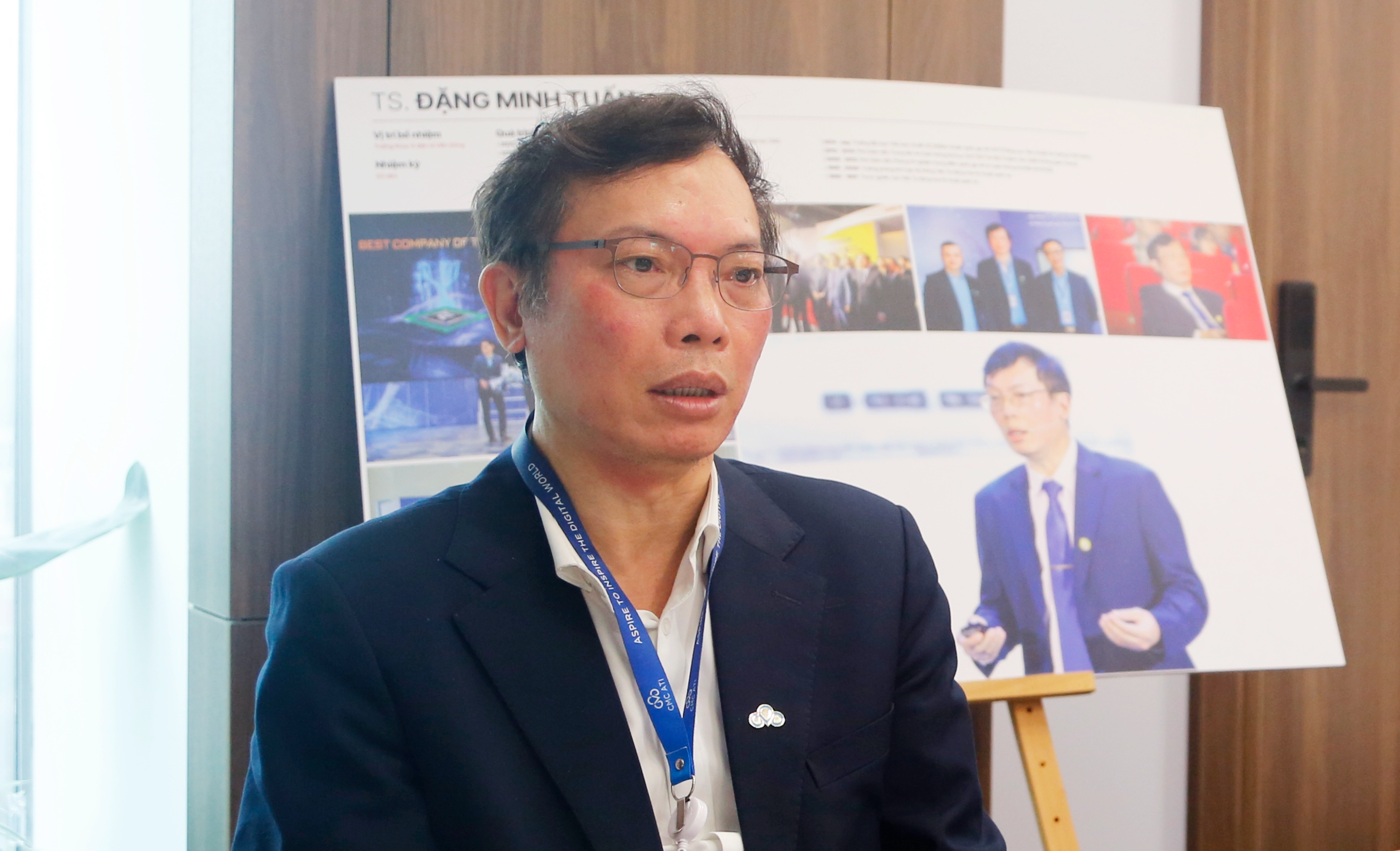
Mr. Dang Minh Tuan, Chairman of Vietnam Blockchain Alliance.
The application of blockchain also contributes to increasing transparency when all transactions and cash flows are publicly recorded. Instead of being limited to issuing bonds or borrowing from banks, real estate businesses can issue tokens for each specific project, linked to benefits such as profit sharing, rental revenue or repurchase rights. This approach opens the door to international capital mobilization, helping Vietnamese real estate easily access foreign capital flows.
However, there are also significant challenges. Risks of speculation, price manipulation, and illegal capital mobilization are factors that can distort the market if there is a lack of strict monitoring mechanisms. Token-issuing enterprises need to publish a Prospectus, store data for at least 10 years, and comply with regulations on anti-money laundering and anti-terrorist financing. These conditions are expected to improve governance standards, information transparency, and minimize risks for investors.
Therefore, the role of the State is particularly important in the pilot phase – not only in the legal aspect but also in inspection, supervision and protection of investors. Some experts propose to consider establishing a specialized Committee to supervise the crypto-asset market, with the participation of the Ministry of Finance, the State Bank, the Ministry of Justice and representatives of international organizations.
The success of the crypto asset market depends not only on the legal mechanism, but also on a solid technological foundation. Real estate tokenization can only be effective if the technology is strong enough - from the blockchain platform, custody, data encryption to the user interface. Investors only feel secure when there is a system to ensure their rights and control risks.
Standardize the legal system and property rights
Despite the opportunities, experts are cautious when it comes to legal risks - especially the connection between tokens and real ownership. According to Dr. Dang Minh Tuan, the legal question of whether tokens represent real ownership or just financial interests still needs to be clarified.
"Does a real estate token represent real ownership - that is, the holder is recognized as a co-owner of the original property, whose name is on the red book, or just financial benefits such as profit sharing, rental income, and repurchase rights? This distinction is important because it determines the extent to which investors are protected by law: owning real property, or just holding a form of 'investment certificate' not associated with ownership rights", Mr. Tuan commented.
From a legal perspective, Professor Phan Trung Ly, former Chairman of the National Assembly 's Law Committee, said that the legal framework for digital assets and blockchain needs to clearly stipulate ownership rights, dispute settlement, tax obligations, consumer protection and cybersecurity standards.
Policies must be both protective and flexible enough to avoid stifling innovation. The State must work together to improve governance capacity, train digital human resources, innovate administrative mechanisms and create a level playing field for private enterprises – in the spirit of Resolution 68.

During the pilot phase, experts recommend prioritizing projects with a clear legal basis, transparent cash flow, applying high safety standards and not promoting them widely to small investors.
Accordingly, it is necessary to consider amending the Land Law, the Real Estate Business Law and the Information Technology Law soon. At the same time, build a legal conversion mechanism in the pilot phase, which can allow tokens to be converted into certificates when meeting legal and technical conditions.
International experience shows that the implementation of real estate tokenization is only successful when it is closely integrated with the legal system and public databases. For example, the St. Regis Aspen hotel project (USA) raised 18 million USD by issuing tokens representing 18.9% of the hotel's shares, one of the first real estate tokenization deals approved by the US Securities and Exchange Commission.
However, the most important factor is the connection between the token and the land registration system, ensuring that there are no "two owners". In addition, countries such as Singapore and the US require standardized financial reporting, independent valuation and token issuance processes.
In Vietnam, experts say it is necessary to build a specialized asset custody ecosystem, a supervised trading floor, risk insurance regulations and a compensation fund to protect investors. Prioritizing projects with clear cash flow in the early stages, such as rental real estate, will help the market operate more safely before expanding.
During the pilot phase, experts recommend prioritizing projects with a clear legal basis, transparent cash flow, applying high safety standards and not promoting widely to retail investors. This is a necessary step to prepare a solid foundation for the future of the crypto asset market in general and digital real estate in particular in Vietnam.
Source: https://vtv.vn/thi-truong-tai-san-ma-hoa-viet-nam-huong-di-moi-cho-bat-dong-san-100251004160906273.htm









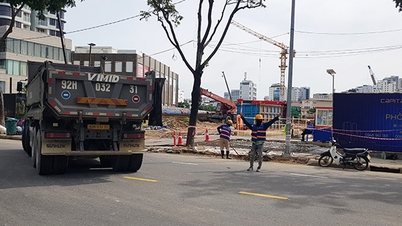




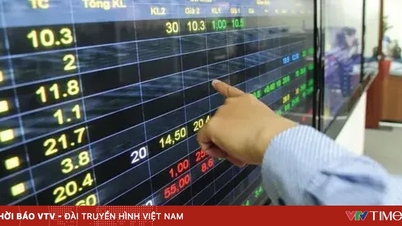




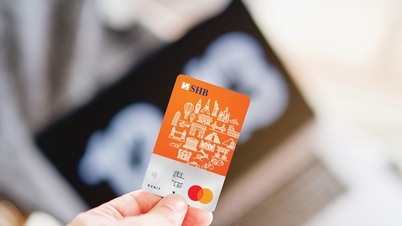










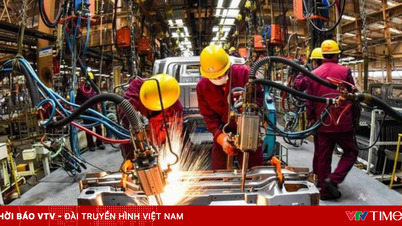
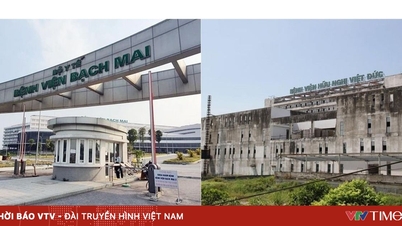







































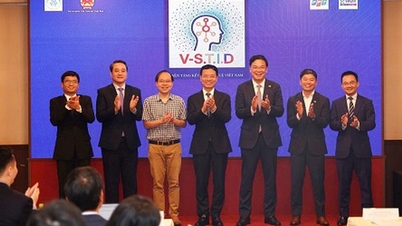


















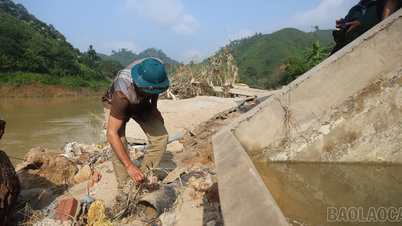







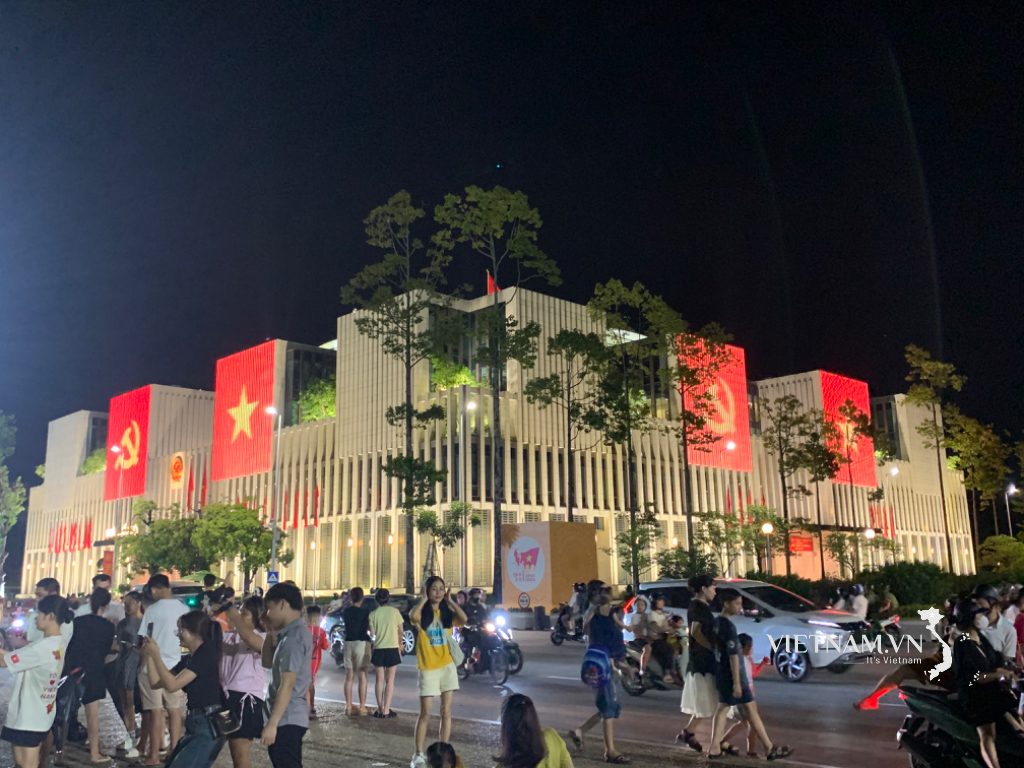



Comment (0)